#USS OKINAWA
Explore tagged Tumblr posts
Text




The Apollo 15 Command Module Endeavour (CM-112) prior to and after being brought aboard U.S.S. OKINAWA (LPH-3).
Date: August 7, 1971
NASA ID: link, S71-42024, S71-42037
#Apollo 15#Apollo CSM Block II#CSM-112#Endeavour#NASA#Apollo Program#J-type mission#Recovery#USS OKINAWA (LPH-3)#USS OKINAWA#Iwo Jima Class#Amphibious Assault Ship#Pacific Ocean#August#1971#United States Navy#US#Navy#USN#my post
160 notes
·
View notes
Text

1971 ... USS Okinawa & Apollo 15 splash-down August 7, 1971 a crew member of the US Navy Underwater Demolition team checking a spear point with shark repellent onboard the USS Okinawa amphibious assault / helicopter carrier in the northern Pacific Ocean. The Apollo 15 capsule, carrying an all USAF-crew David Scott, James Irwin & Alfred Worden, splashed down less than 7 miles from the USS Okinawa with immediate recovery operations. Note the Tudor 7928 diving watch, an indispensable tool used by US Navy divers at that time! (Photo: NASA/US Navy)
#Aviator#Astronaut#NASA#Tudor#7928#dive watch#USS Okinawa#US Navy#USAF#test pilot#MoonwatchUniverse#Tudor watches#montres#military#splash-down#uhren#spaceflight#Zulu time#Underwater demolition#ParaRescue
14 notes
·
View notes
Text

Dommages du pont d'envol du porte-avions USS bunker Hill (CV-17) suite à une attaque de deux avions kamikazes – Bataille d'Okinawa – Campagne des archipels Ogasawara et Ryūkyū – Guerre du Pacifique – 11 mai 1945
#WWII#guerre du pacifique#pacific war#campagne des archipels ogasawara et ryukyu#volcano and ryukyu islands campaign#bataille d'okinawa#battle of okinawa#kamikaze#marine américaine#us navy#marine militaire#military navy#marine de guerre#navy#classe essex#essex-class#uss bunker hill (cv-17)#uss bunker hill#cv-17#okinawa#japon#japan#11/05/1945#05/1945#1945
10 notes
·
View notes
Text

USS Lapwai (Okinawa Class) Ortho by Away Team Gear
30 notes
·
View notes
Text

"Okinawa Landing - USS COLORADO" by Anthony Saunders: link
"The USS COLORADO holds the all-time record of 37 consecutive days of firing at an enemy and the record of 24 direct enemy air attacks in 62 days both while at Okinawa."
#USS Colorado (BB-45)#USS Colorado#Colorado Class#Battleship#dreadnought#warship#ship#April#1945#Okinawa#world war 2#world war ii#WWII#WW2#WWII History#history#artwork#united states navy#us navy#navy#usn#u.s. navy#my post
26 notes
·
View notes
Text
I never realized this photo was cropped before. Very cool

Japanese A6M seconds before crashing into USS Missouri, Okinawa. 11 April 1945
57 notes
·
View notes
Text
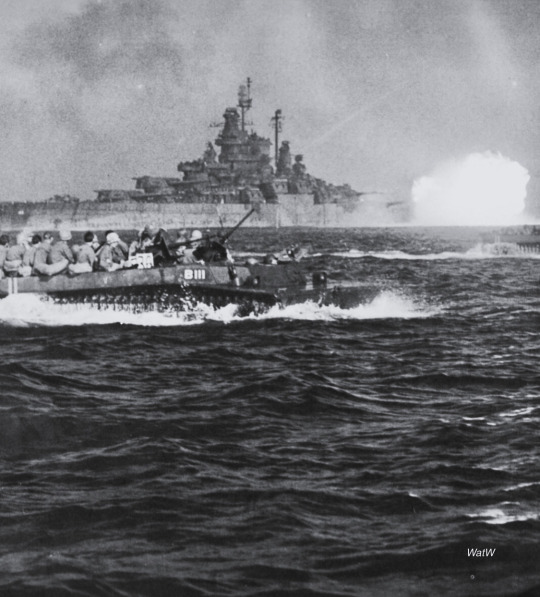
The Battle ship USS West Virginia targets enemy positions as US marines head to shore - Okinawa, April 1945
#world war two#ww2#worldwar2photos#history#1940s#ww2 history#wwii#world war 2#ww2history#wwii era#west virginia#usn#1945#battleship#okinawa#usmc#marines#us marines#us navy#pacific#war in the pacific
199 notes
·
View notes
Text

USS Idaho (BB-42), a New Mexico-class battleship shells Okinawa on 1 April 1945, easily distinguished by her tower foremast & 5”-38 Mk 30 single turrets (visible between the barrels of the forward main turrets).
Idaho was the only battleship with this configuration.
84 notes
·
View notes
Text

Eastern Aircraft FM2 Wildcats of Composite Squadron VC-93 on the flight deck of escort carrier USS Petrof Bay off Okinawa, 25 Mar 1945.
@hiddenhistoryYT via X
55 notes
·
View notes
Text
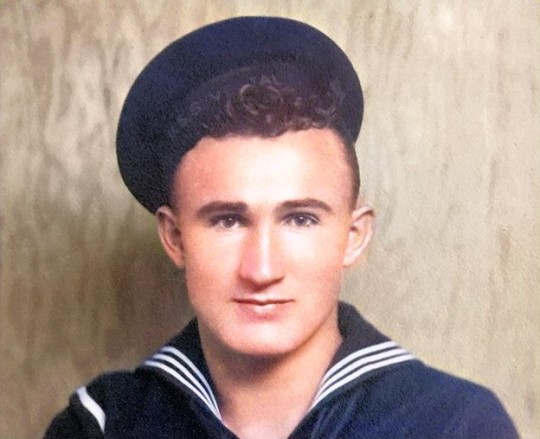
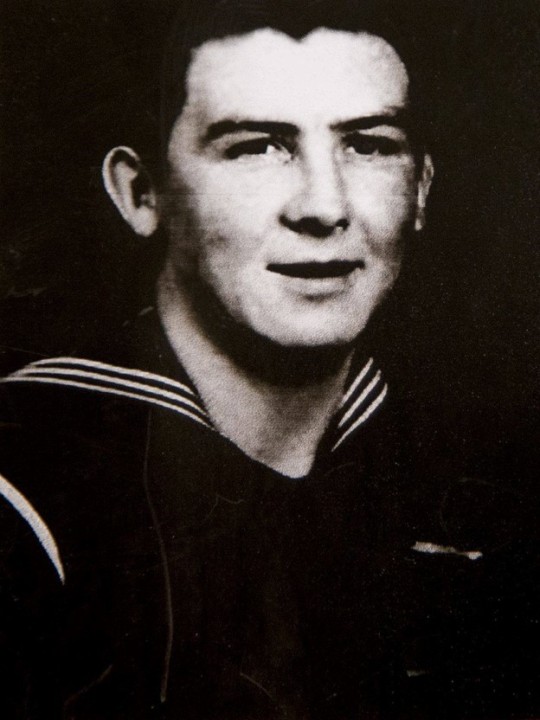
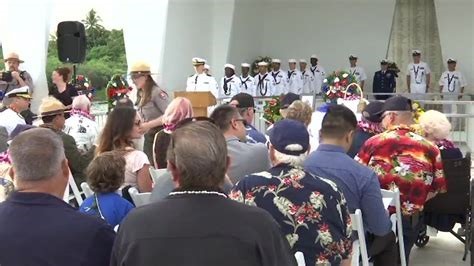
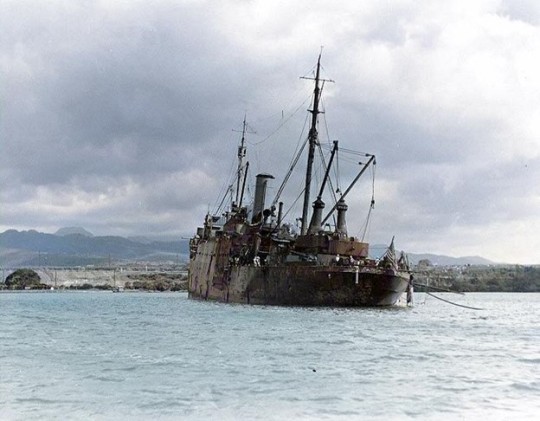
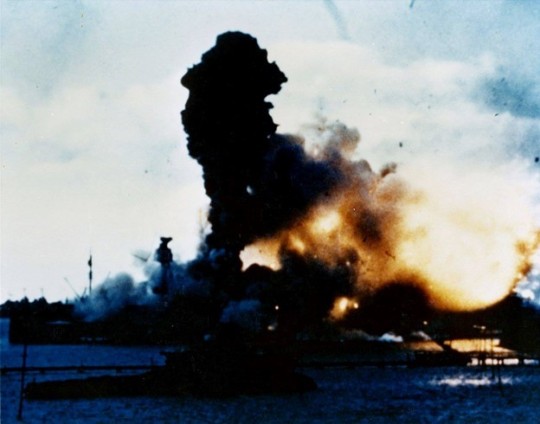
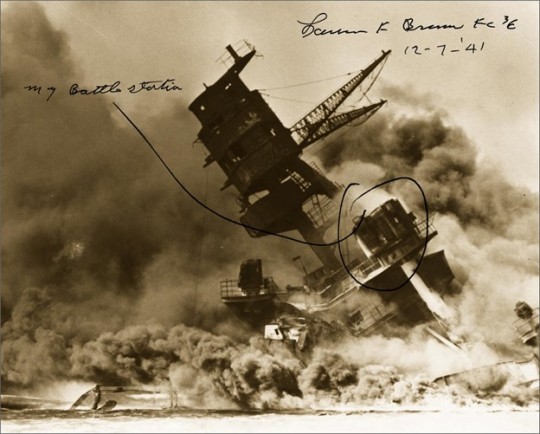
Raw Courage
Christmas Day 1941 Seaman First Class Donald Stratton arrived at the Mare Island Hospital with life threating burns over much of his body. A little over two weeks before he was trapped with six shipmates high above the main deck on the sky control platform of the battleship USS Arizona (BB-39). A surprise attack by aircraft of the Imperial Japanese Navy had turned the battleship into a burning hell on earth from which there could be no escape. As he told the story "A bomb blew up the forward magazine of the USS Arizona and the ship was engulfed in flames. I and five others were located on the anti-aircraft gun director’s platform above the bridge when the forward powder magazine blew. All of us were badly burned. I was burned over 80% of my body. At that point, the only possibility to evacuate the ship was to dive in the water, which was 80 feet below and was fully engulfed in flame. That was not an option for survival.”
The United States was at peace as earlier when General Quarters sounded aboard the USS Arizona while moored at the huge naval base at Pearl Harbor. Japanese planes had just been sighted bombing nearby Ford Island. Hearing the alarm, Seaman Stratton rushed to his battle station as a sight setter in the Port Anti-Aircraft fire director. Within minutes of his arrival at his battle station a Japanese high-altitude bomber dropped an armor piercing bomb that tore through the deck of the ship and ignited a million pounds of explosive, and thousands of gallons of aviation gas and fuel oil. The massive explosion completely enveloped Stratton’s battle station as the ship settled to the bottom of the harbor, her back broken and her sides blown out. Trapped above the flaming wreckage Stratton and six others were saved when another sailor, Joe George, aboard the repair ship USS Vestal that was moored alongside the Arizona acted. Despite direct orders Joe George threw the men a line and refused to cut it until the men made it to safety. Stratton and five other survivors from the sky control platform managed to make it over the flaming seas surrounding the burning hulk of the Arizona to the deck of the Vestal by climbing hand over hand down the line as the Japanese continued to attack.
The burns on Stratton’s arms were so bad that his skin sloughed off as he worked his way down the line to the Vestal. With burns over much of his body he was taken to the Naval Hospital at Pearl which was overwhelmed with patients. The decision was made to evacuate some of the patients to the mainland thus Seaman Stratton and 196 other seriously wounded sailors and Marines were transported on the blacked-out transport USS Scott arriving at the Mare Island Hospital on Christmas Day 1941. Seaman Stratton was successfully treated at Mare Island with what were then innovative burn treatments for several months until he was transferred to Corona, California for a convalescence. Due to the severity of the damage to his arm and leg he was medically discharged in September 1942. Unbelievably, when his injuries allowed, Donald Stratton re-enlisted in the Navy and went aboard the destroyer USS Stack at Naval Station Treasure Island in 1944. Aboard the Stack Seaman Stratton turned the tables on the enemy as he and the Stack participated in the invasions of New Guinea, Halmahera, Leyte, Luzon and Okinawa.
After the war Stratton took up the cause to secure a posthumous medal for Joe George, the sailor from the Vestal who helped rescue the six men from the sky control platform. Joe George was never recognized for his role in saving the men because he disobeyed a direct order in not cutting the line to the Arizona until Seaman Stratton and five others had made it across. Lest you think the Navy was being too cold-hearted in denying recognition for Joe George, the Vestal was at risk from the ongoing explosions and fires from USS Arizona as well as the ongoing attack. Vestal had been hit with two bombs and was sinking when Joe George was ordered to cut the line. The fact is, Vestal could likely have pulled away snapping the line, but the site of those desperate men likely influenced more than just Joe George on that awful day. Despite the circumstances, in 2017 the US Navy acceded to Donald Stratton’s persistence and posthumously awarded Joe George the Bronze Medal for Valor.
Dennis Kelly
#mare island#naval history#san francisco bay#us navy#vallejo#san francisco#world war 2#world war ii#world war two#california#Donald Stratton#Joe George#USS Vestal#USS Arizona#USS Stack#Pearl Harbor#Japan#Attack#Arizona Memorial
10 notes
·
View notes
Text
Splashdown of Apollo 15


"Two images taken from a recovery helicopter of the Apollo Command Module Endeavour during its descent, showing all three main parachutes inflated, left, followed shortly by the collapse of one of the main parachutes."

"The Apollo 15 Command Module (CM), with astronauts David R. Scott, commander; Alfred M. Worden, command module pilot; and James B. Irwin, lunar module pilot, aboard safely touches down in the mid-Pacific Ocean to conclude a highly successful lunar landing mission.



Although causing no harm to the crew men, one of the three main parachutes failed to function properly.



The splashdown occurred on August 7, 1971, some 330 miles north of Honolulu, Hawaii. The three astronauts were picked up by helicopter and flown to the prime recovery ship, USS OKINAWA (LPH-3), which was only 6 1/2 miles away."
Date: August 7, 1971
NASA ID: link, S71-42217, S71-41999, S71-43543, 71-H-1265, S71-43542, S71-43541, S71-41995
SDASM Archives: Casson_0095
Science Photo Library: C046/8648, C046/8649, C046/8650
#Apollo 15#Apollo CSM Block II#CSM-112#Endeavour#NASA#Apollo Program#J-type mission#Splash Down#Splashdown#Recovery#USS OKINAWA (LPH-3)#USS OKINAWA#Iwo Jima Class#Amphibious Assault Ship#Pacific Ocean#August#1971#United States Navy#US#Navy#USN#Sikorsky SH-3 Sea King#SH-3#Helicopter#my post
38 notes
·
View notes
Text

Vought F4U-1D Corsair aboard USS Bunker Hill, Okinawa, 1945.
136 notes
·
View notes
Text

1966... Gemini VIII splashdown & post recovery March 17, 1966, Gemini VIII astronauts Neil Armstrong and David Scott pose with the divers of the US Navy recovery team. The Gemini VIII mission was cut short after a docking problem with the unmanned Agena target rocket. Re-entry took place over China with splashdown 800 kilometers east of Okinawa. Photo taken just before debarking USS Leonard F Mason in Naha harbor in Southern Japan. Note Scott’s NASA-issued Omega Speedmaster on black velcro at his left wrist. During this mission, besides his NASA-issued Omega Speedmaster, Neil Armstrong also wore a Longines Lindberg big crown aviator watch which belonged to his childhood hero James "Jimmie" Mattern. However, in the foreground, the Navy issued Tudor 7928 diving toolwatch on stainless steel bracelet at the wrist of the diver looks far more interesting! (Photo: NASA)
#Aviator#Astronaut#NASA#Tudor#dive watch#US Navy#Underwater demolition#ParaRescue#C54 Skymaster#MoonwatchUniverse#Longines#Lindberg#USS Leonard Mason#spaceflight#Gemini#pilot watch#montres#uhren#military#Zulu time#7928
34 notes
·
View notes
Video
youtube
USS Lapwai Flyby by White Rooster Productions
#youtube#Star Trek#Federation#Starfleet#Okinawa Class#USS Lapwai#Sci-Fi#Mecha#Spaceship#White Rooster Productions
9 notes
·
View notes
Text

USS PENNSYLVANIA (BB-38) in drydock at the Bremerton Navy Shipyard. "Longtime flagship of the fleet, PENNSYLVANIA which was one of the first to be hit at Pearl Harbor and the last to be hit at Okinawa, and the only battleship to win a unit citation during the war, is slated to be used as a target ship in the forthcoming atomic bombing tests. Here, PENNSYLVANIA is shown at the Bremerton Navy Shipyard, being stripped in preparation for the tests."
Date: February 18, 1946
Temple University Library: P562136B
#USS PENNSYLVANIA (BB-38)#USS PENNSYLVANIA#Pennsylvania Class#Dreadnought#Battleship#Warship#Ship#United States Navy#U.S. Navy#US Navy#USN#Navy#Puget Sound Navy Yard#Puget Sound#Washington#West Coast#Drydock#Dry Dock#February#1946#postwar#post war#my post
71 notes
·
View notes
Text

Bottom left: Marines with the 31st Marine Expeditionary Unit conduct call away drills before boarding USS New Orleans (LPD 18) in the Coral Sea, July 19, 2021.
Top right: U.S. Marine participates in a field exercise at Jungle Warfare Training Center in Camp Gonsalves, Okinawa, Japan.
Bottom right: Marines with Maritime Raid Force, 31st Marine Expeditionary Unit, await the landing of a CH-53E Super Stallion on board the USS Miguel Keith (ESB-5).
2 notes
·
View notes